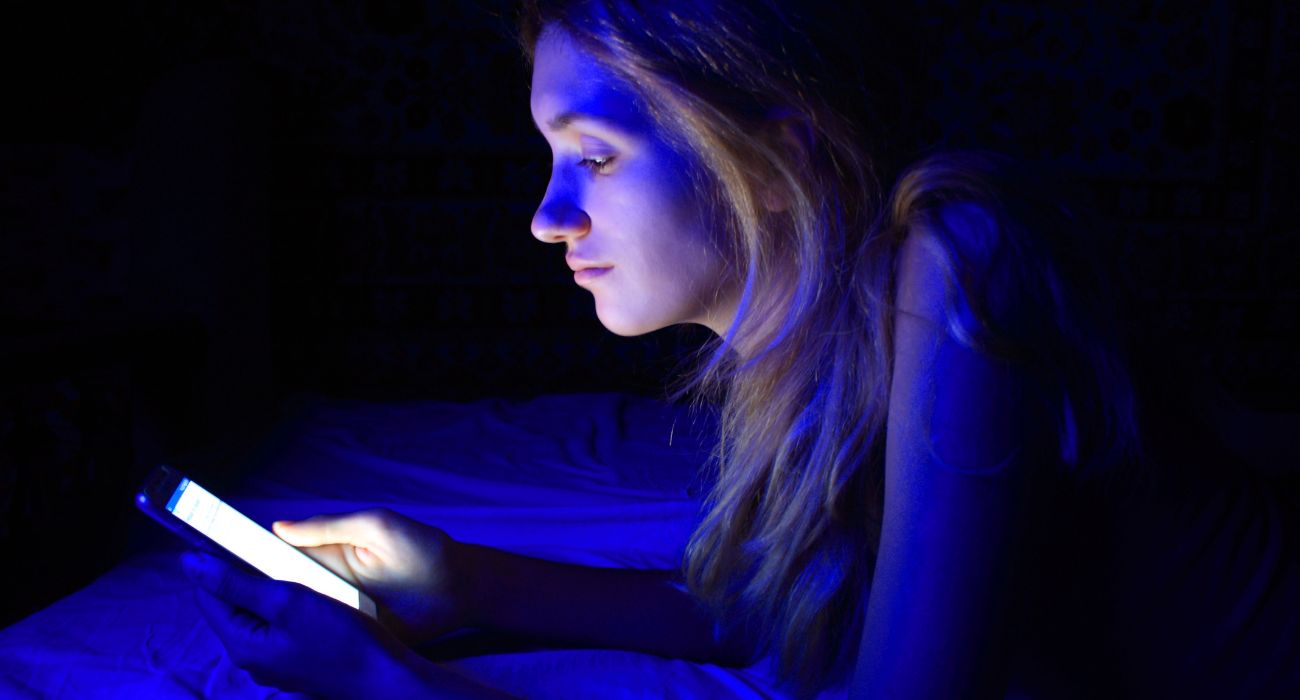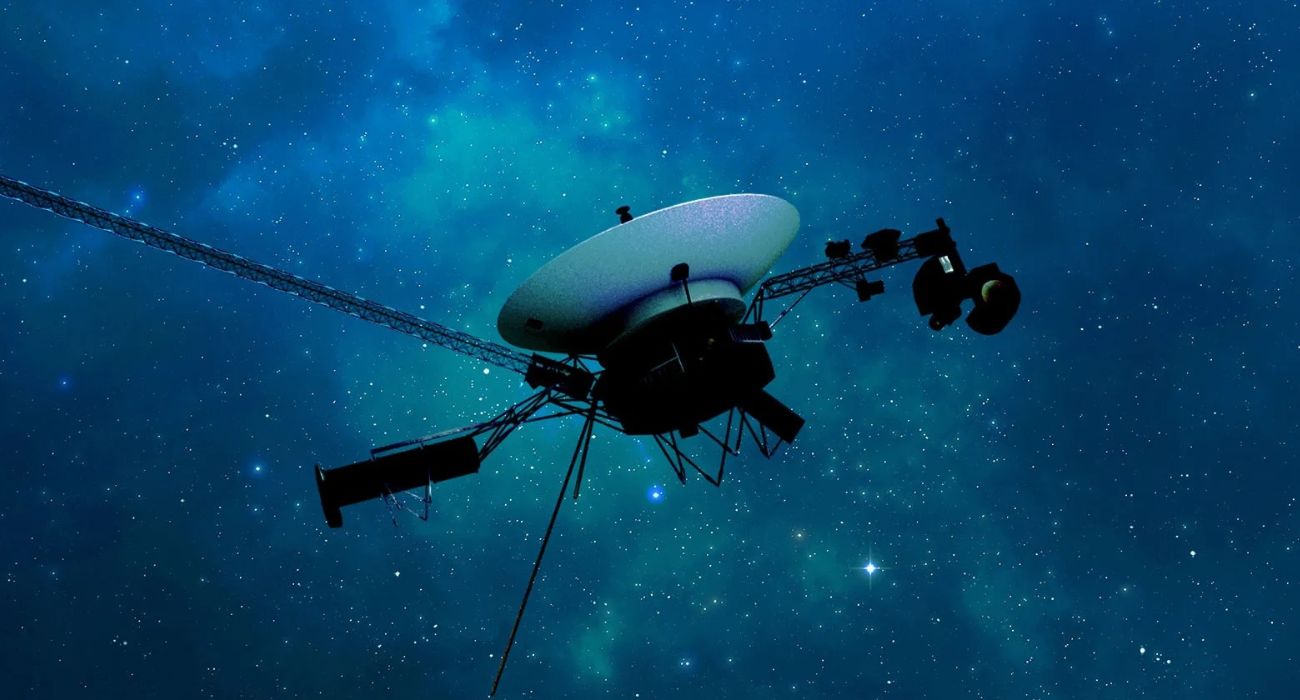Ever get the impression that kids grow up fast nowadays? Well, a recent study suggests it might be due to screen time.
Research in Turkey has allegedly uncovered evidence suggesting that the blue light emitted from electronic devices can trigger early puberty. The findings were presented at the 61st annual gathering of the European Society for Paediatric Endocrinology and published in Frontiers in Endocrinology.
The study by researchers at Gazi University and Ankara Bilkent City Hospital examined how exposure to blue light might affect male rats. Three groups of rats were studied: one assigned six hours of blue light exposure daily, another assigned 12 hours, and another that was not exposed so it could serve as a control group.
Duplicating the findings of a previous study done by the team on female rats, the exposed rats exhibited signs of puberty significantly earlier than their unexposed counterparts.
Although lead researcher Aylin Kılınç Uğurlu urged against assuming blue light would impact humans the same way, the study does “provide an experimental foundation to further investigate the health consequences of ever-increasing screen time in modern society.”
Puberty typically occurs after age 8 in girls and after age 9 in boys, however, timing has been known to vary based on ethnicity, according to the Mayo Clinic.
Although kids cannot stay young forever, several health risks are associated with hitting puberty too early, including a heightened risk of obesity, type 2 diabetes, and cardiovascular disease.
Similarly, studies have shown that girls who are already overweight or obese are more likely to hit puberty early.
Childhood obesity has become increasingly prevalent among American children and adolescents, spurring public health officials to create new BMI growth charts and treatment guidelines, as previously reported by The Dallas Express.
Looking ahead, the Turkish research team is eager to expand their work to examine the long-term effects that blue light might have on reproductive organ damage and fertility in rats.
“Ultimately, this research could lead to preventative measures and contribute to the ongoing discourse on how modern lifestyles affect physiological development and long-term health,” Uğurlu said, per EurekAlert!
For now, the few conclusive negative effects of excessive screen time that have been identified are related to sleep loss, psychoneurological effects that can affect behavior and mental health, and biological effects related to lower levels of physical activity, such as higher body weight and reduced bone density.






